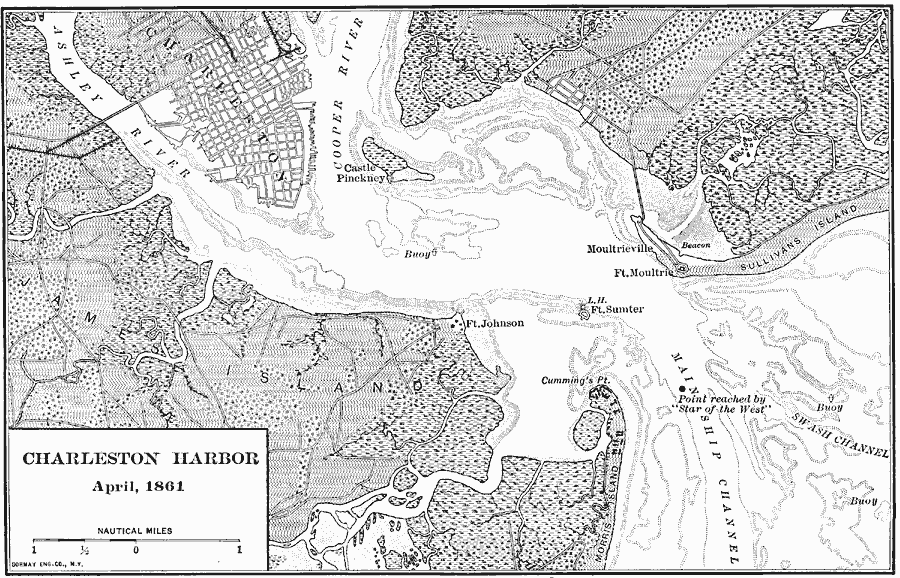- Joined
- Feb 2, 2006
- Messages
- 17,343
- Reaction score
- 2,876
- Gender
- Male
- Political Leaning
- Very Conservative
You might be right, it is were not for the 10th amendment. The 10th speaks of prohibitions specified in the constitution; none of the things you mention are specified in the constitution as a limit is the rights of the states.I addressed this above in a previous post. The inherent rights of a sovereign nation prevent the government from allowing self-destruction.
Absolutely false, as noted by the secession of several states several months prior to anything resembling a rebellion or revolution. The definition of all three words are different enough to negate any argument that for there to be a secssion there must be a revolution or rebellion to go with it, and so there can be no teeth whatsoever to the argument that the power to suppression rebellions or insurrections negates the right to seceed.A unilateral secession necessarily requires revolution.
No... it was an exercise of the right to end a voluntary relationship with that government and the states that chose to remain under it. A "revolt" necessitates some sort of revolution or rebellion with the intention to overthrow the current government; aside fom this already being dealt with, above, there's no way to argue that the south had any interest whatsoever in overthrowing the government of the United States.Regardless, the Confederat states decison to "up and leave" was a revolt against the legitimate authority of the Federal government...
Absolutely it is. The federal government exists solely because the states choose to allow it; the states can, any time they wish, choose to dissolve said union w/o the federal government having any legal power to stop them. This necessarily means that, between the states and the federal government, the states ultimately hold sovereignty.Wrong. The Federal Union is not a league of sovereign nations
The states granted power to the federal government, but they retain the absolute right to take any and every one of those powers back. This necessarily means that, between the states and the federal government, the states ultimately hold sovereignty.All states gave up full sovereignty upon joining.
It does when the Constitution does not prohibit itThe fact that you join voluntarily has no bearing on whether you can leave at will.
The NWO is not the US Constitution; your argument here is flawed if for no other reason that if you were right, then all that's necessary for secession is to repeal the NWO. That the supposed prohibition can be simply repealed means that it only exists so long as the law in question exists and is therefore not one inherent to the structure of the union itself.Plus, all statesl agreed to the Northwest Ordinance, which explictly stated the union was permanent
Incorrect. It is absolutely necessary -- else there'd be no reason to include Article I:10, as every prohibition found therein falls under your argument of implication.It actually does prohibit it, just not in explicit terms. But that's unnecessary.
If the -Constitution- does not prohibit it, then the state is free to exercise it.
No... as the 10th (or any other) Amendment does -give- any rights whatsoever.Actually, that's exactly what you said, practically word for word.

